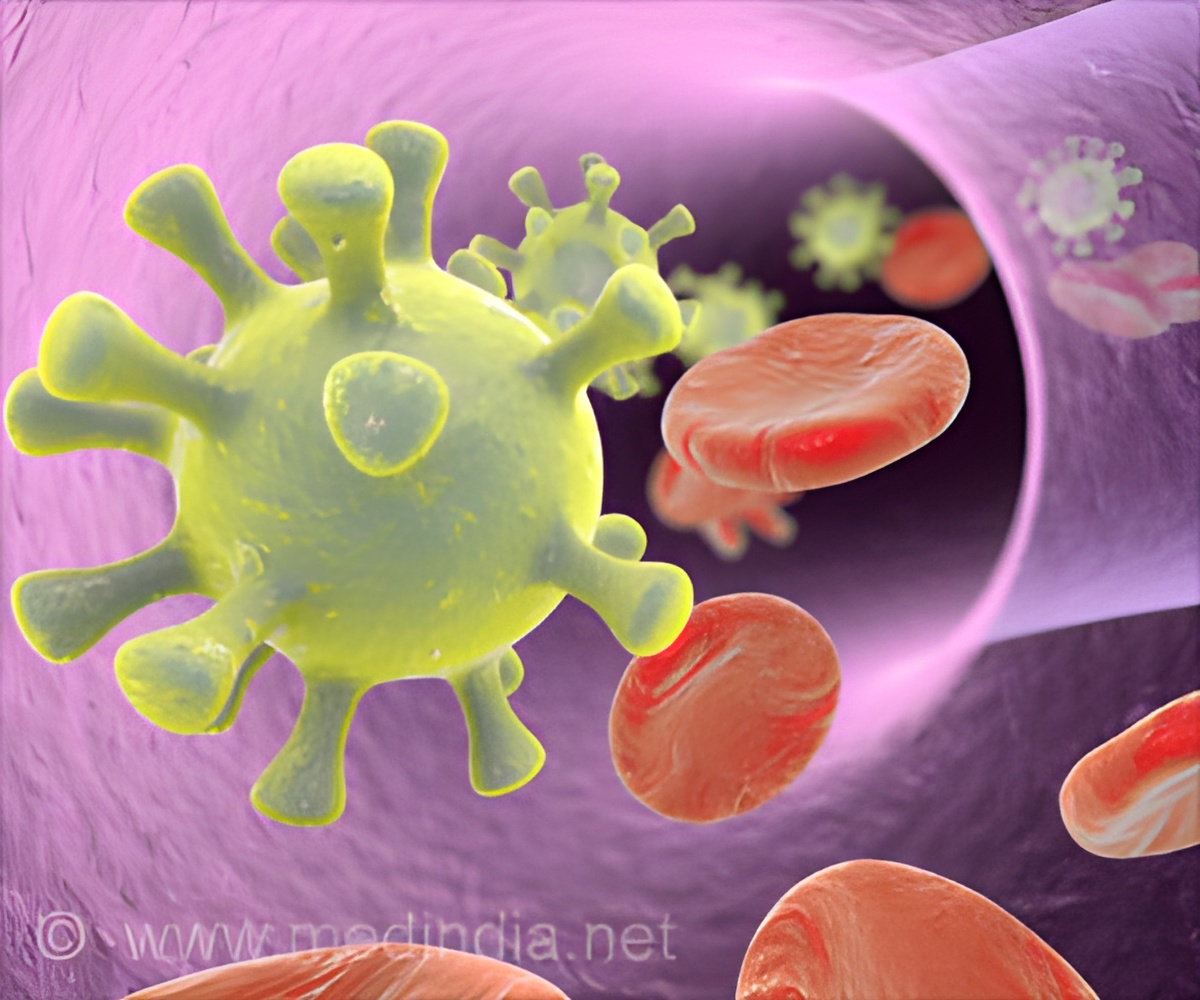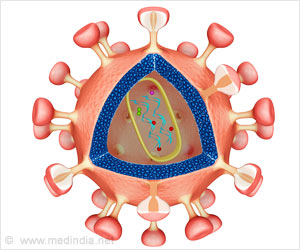
‘Discovery of the novel mechanism can help develop new methods to cure and eradicate HIV.’
Tweet it Now
HIV remains a major global health problem, with over 40 million people infected worldwide. And while people living with HIV have been treated with anti-retroviral therapy for over 30 years, this favoured therapeutic option merely prevents the progression of the disease to AIDS, it doesn't cure patients of HIV.The discovery, which opens the door to a new era of HIV research focused on curing people living with the virus, has just been published in international journal, EBioMedicine, which is a collaborative online journal from Cell Press and the Lancet.
During any viral infection our immune system produces a powerful molecule (Interferon), which 'interferes' with the infection and the replication of viruses.
Interferon activates an assembly line of molecules in our cells via the Interferon signalling pathway, which causes the body to make antivirals that help to clear the infection.
However, when patients are being treated with anti-retroviral therapy, HIV is not fully cleared by our immune system. Therefore, the scientists from Trinity College Dublin behind the research investigated whether HIV was somehow blocking the Interferon signalling pathway and thus avoiding the immune response that is designed to cure viral infection. The findings confirmed their suspicions.
Advertisement
"Our new revelation sheds new light on how HIV avoids elimination, which, in turn, may explain why HIV is still not a curable disease. We feel this discovery could mark a paradigm shift in our understanding of how this virus evades our immune response. It should open the door to a new era of HIV research aiming to cure and eradicate this deadly virus."
Advertisement
Source-Eurekalert














